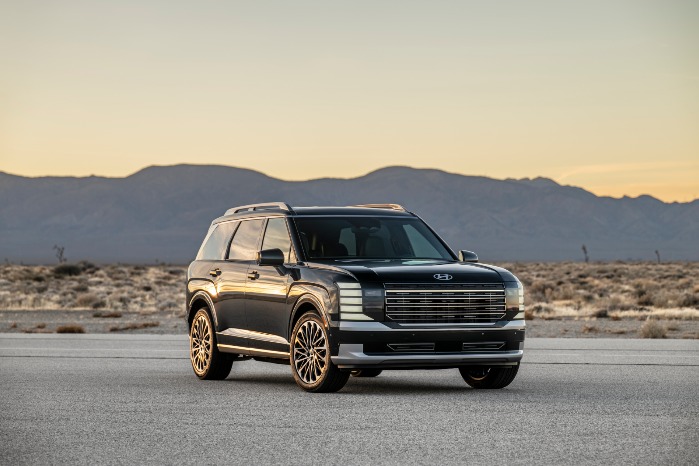Key Takeaways
- Hyundai and Kia achieved record US sales in Q3, totaling 480,175 vehicles, a 12% year-over-year increase.
- Hybrid and electric vehicle sales surged by 54.5%, driven by strong demand for eco-friendly models.
- The companies are exploring ways to mitigate the impact of US tariffs on imported vehicles while expanding local production.
Record Sales Driven by Eco-Friendly Models
Hyundai Motor Co. and Kia Corp. announced record quarterly sales in the US for the third quarter, with a combined total of 480,175 vehicles sold, representing a 12% increase from the previous year. This growth was largely attributed to strong demand for hybrids and electric vehicles, which helped offset concerns regarding tariffs imposed on imported cars.
In the July-September period, Hyundai, including its luxury brand Genesis, delivered 260,538 units, marking a 12.7% rise year-over-year. Kia’s sales also saw an 11.1% increase, reaching 219,637 vehicles. Genesis alone contributed 21,469 units to these figures, achieving its highest quarterly sales to date. The focus on eco-friendly models proved crucial, with Hyundai and Kia together selling 135,547 hybrid and electric vehicles—an impressive 54.5% increase compared to the same period last year. Hybrid sales rose by 54.6%, exceeding 90,000 units, while electric vehicle sales grew by 54.4%, totaling around 45,500.
The month of September further showcased these brands’ momentum, as Hyundai and Genesis combined sold 77,860 vehicles, while Kia sold 65,507, with each brand experiencing on-year growth of 12.8% and 11.2%, respectively. The Tucson compact SUV from Hyundai and the Sportage SUV from Kia emerged as the best-selling models in their lineups.
Despite the impressive sales, the ongoing 25% tariff on imported passenger vehicles by the US under the Trump administration continues to pose challenges. South Korean cars face steeper tariffs compared to Japanese and European counterparts, which are subject to just 15%. In an effort to navigate these challenges, Hyundai has announced plans to boost US-based production, which could alleviate some tariff pressures. They are considering flexible price adjustments and exploring alternative parts sourcing while delaying immediate price hikes to further assess the impacts of the tariffs.
Kia has similar plans to enhance production of hybrid versions of popular models, including the Sportage, Sorento, and Telluride, at its manufacturing facility in Georgia. Kia will also collaborate with Hyundai to produce hybrids at Hyundai’s Georgia plant, aligning operations under the broader umbrella of the Hyundai Motor Group in the US.
These strategies indicate a strong commitment from both automakers to harness growth in the US market while addressing the complexities introduced by tariff regulations.
The content above is a summary. For more details, see the source article.















